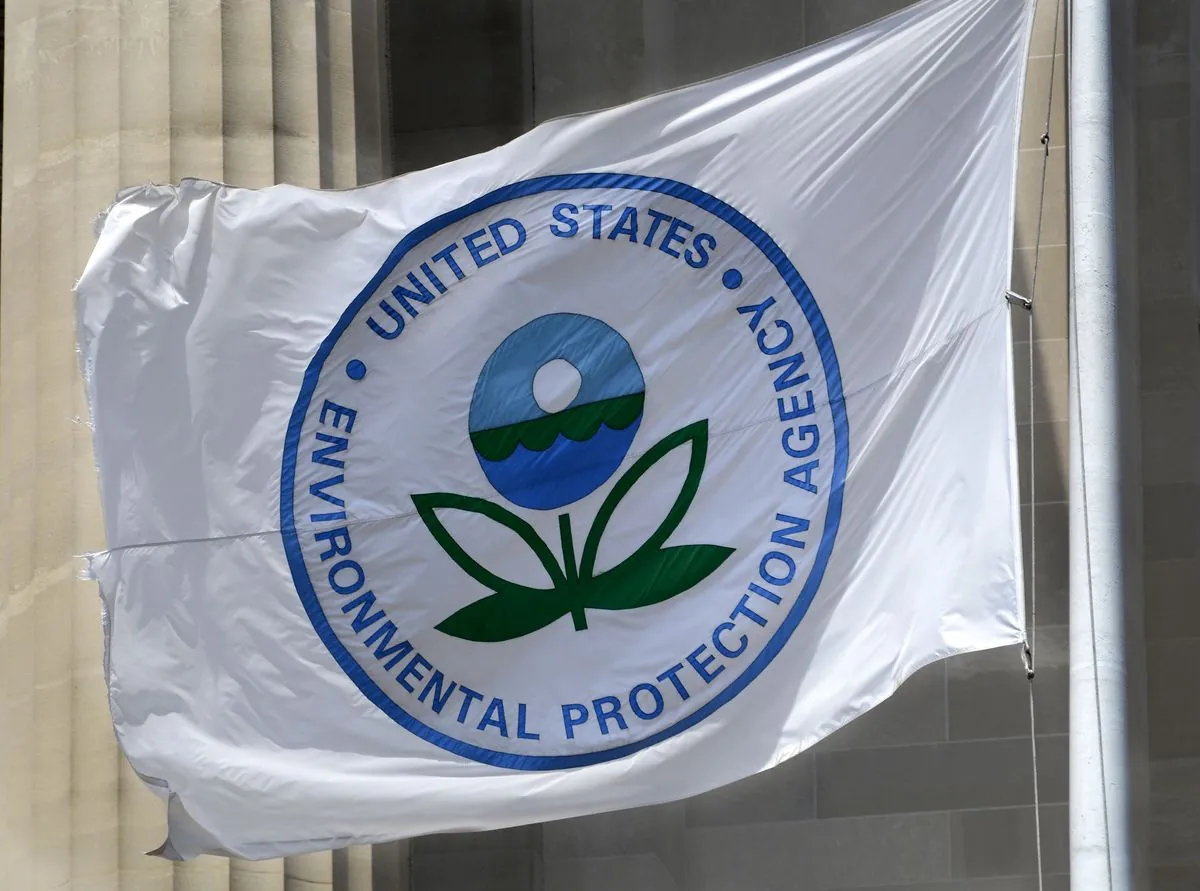Judge Orders EPA to Tighten Fluoride Regulations in US Drinking Water
A federal judge has ruled that the EPA must strengthen fluoride regulations in drinking water, citing potential risks to children's brain development. The decision follows a lawsuit by advocacy groups.

A federal judge in California has instructed the U.S. Environmental Protection Agency (EPA) to revise its regulations concerning fluoride in drinking water. The ruling, issued on September 19, 2023, stems from concerns about potential risks to children's cognitive development at current fluoride levels commonly found across the nation.
U.S. District Judge Edward Chen in San Francisco concluded that the present practice of adding fluoride to drinking water supplies to combat tooth decay may pose unreasonable risks to children's developing brains. This decision aligns with the arguments presented by several advocacy groups during a non-jury trial.
"The scientific literature in the record provides a high level of certainty that a hazard is present; fluoride is associated with reduced IQ."
However, Judge Chen emphasized that his ruling does not definitively conclude that fluoridated water endangers public health. The decision marks a significant development in the ongoing debate over water fluoridation, a practice that began in the United States in 1945.
Environmental organization Food & Water Watch, which spearheaded a coalition of groups that initiated legal action against the EPA in 2017, welcomed the ruling. Michael Connett, an attorney representing the advocacy groups, expressed hope that this decision would pave the way for improved and safer fluoride standards.

Water fluoridation has been a cornerstone of public health policy in the United States for nearly eight decades. The Centers for Disease Control and Prevention (CDC) has recognized it as one of the ten great public health achievements of the 20th century. Currently, more than 200 million Americans, approximately 75% of the population, have fluoride added to their drinking water at recommended levels of 0.7 milligrams per liter.
The practice of water fluoridation differs significantly between the United States and Europe, where fluoridated drinking water is less common. Some European countries, such as the Netherlands, have discontinued water fluoridation altogether.
While fluoride helps prevent tooth decay by strengthening tooth enamel, excessive intake can lead to dental fluorosis, a cosmetic condition affecting tooth enamel. The optimal fluoride level in drinking water, as recommended by health authorities, is 0.7 milligrams per liter.
The EPA sets the maximum contaminant level goal for fluoride in drinking water, while the FDA regulates fluoride in bottled water. It's worth noting that fluoride occurs naturally in some water sources at levels higher than those recommended for fluoridation.
The debate over water fluoridation has persisted for decades, with varying opinions globally. Some opponents argue that it constitutes a form of mass medication without consent. However, organizations like the American Dental Association strongly support community water fluoridation, considering it one of the most cost-effective public health interventions.
As the EPA reviews the recent court decision, the ruling may potentially impact fluoride regulations and practices nationwide. The outcome of this case could influence future policies regarding water fluoridation and public health measures in the United States.


































